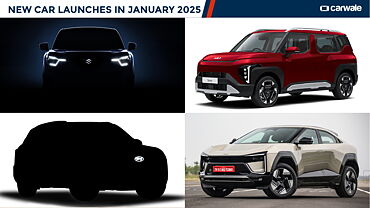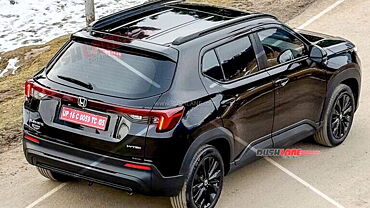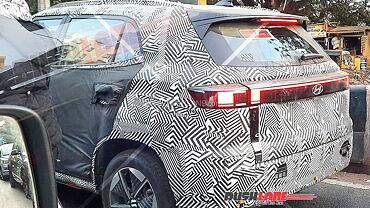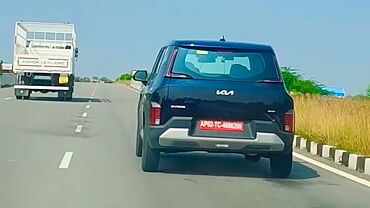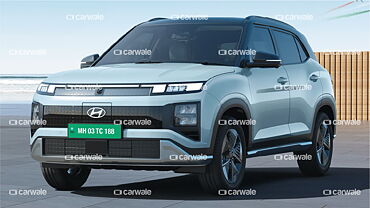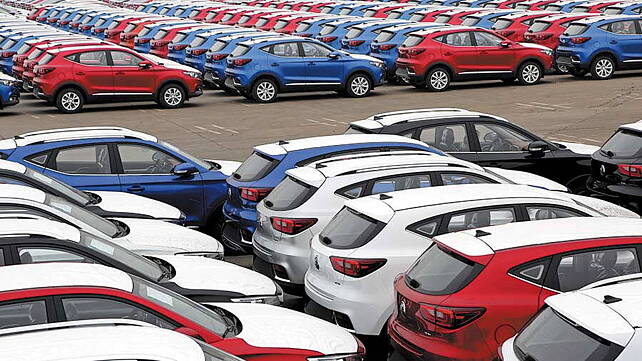
- Car sales dropped by 42 per cent in first quarter of 2020
- 79 per cent drop in sales in February and 43 per cent drop in sales in March
- Government offers cash subsidies to revive car sales
The coronavirus (COVID-19) pandemic has disrupted lives and slowed down business across the world. In China, the world’s biggest car market, car sales have declined by 42 per cent in the first quarter of 2020 as compared to the same period in 2019. The data released by the China Association of Automobile Manufacturers (CAAM) further adds that the car sales dropped by 79 per cent in February alone with 3,10,000 unit sales and 43 per cent decline in sales in March 2020.
The auto industry plays a crucial role in China’s economy and over 40 million people either directly or indirectly, rely on this sector for jobs. In an effort to revive the auto industry, the Chinese government is offering cash incentives to people for the purchase of new vehicles. Local governments are also stepping in. At least a dozen cities or provinces have encouraged people to buy cars, mainly by offering cash subsidies of as much as $1,400 per vehicle. On an average, China sells over 6 million new cars in the country. But this year, due to the lockdown, the number is close to 3.7 million.
The media report reveals that the Chinese market is also important for global automakers as car manufacturers like Volkswagen and General Motors sell cars in huge numbers in China. Citing an example, the media report claims that 40 per cent of the total sales for these car manufacturers is from China alone. The country’s economy is trying to rebound post the coronavirus lockdown period and restrictions on travel. Car production has recently resumed in China, including Wuhan, which has been the epicentre of the virus and a major hub for global auto industry, after a 76-day lockdown period.
China is also reportedly taking in steps to try to improve sales. Beijing last month announced that it would extend subsidies and tax breaks for new energy vehicles, such as electric or plug-in hybrid cars, for another two years.
Source: CNN

